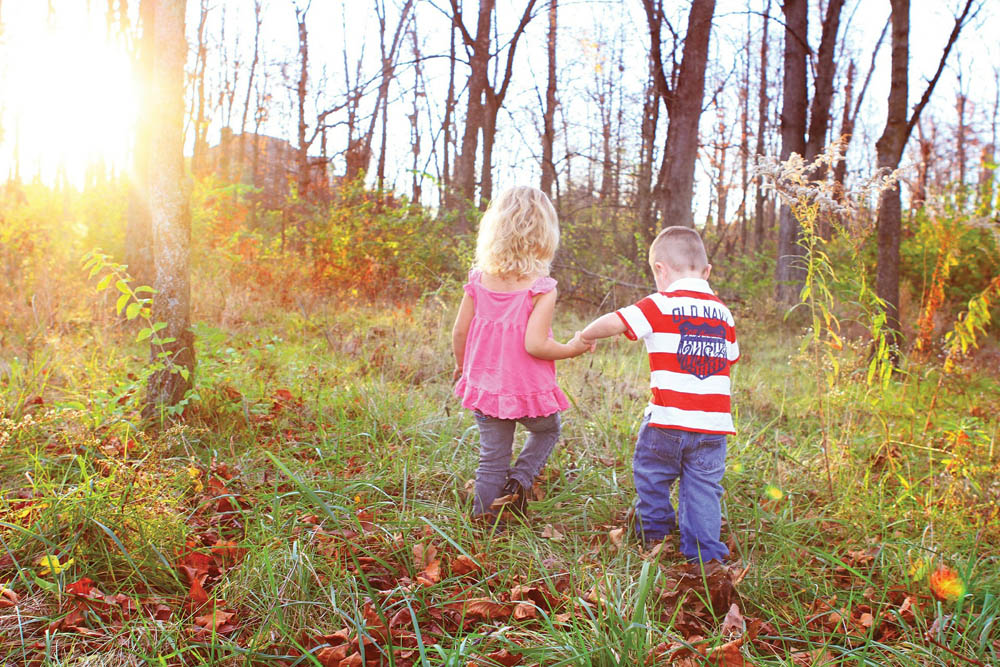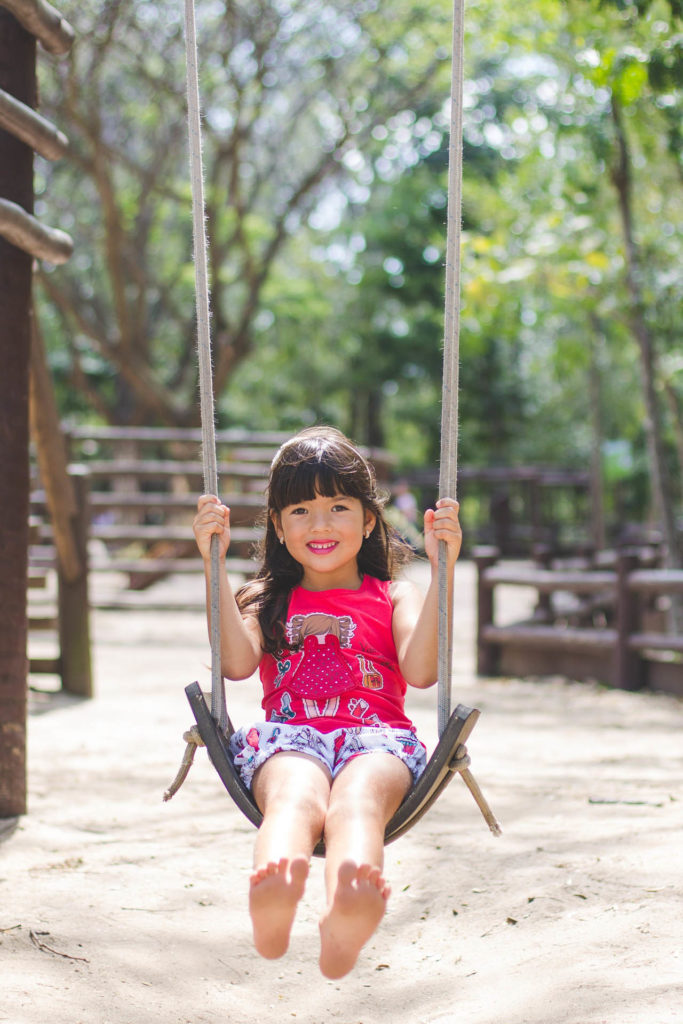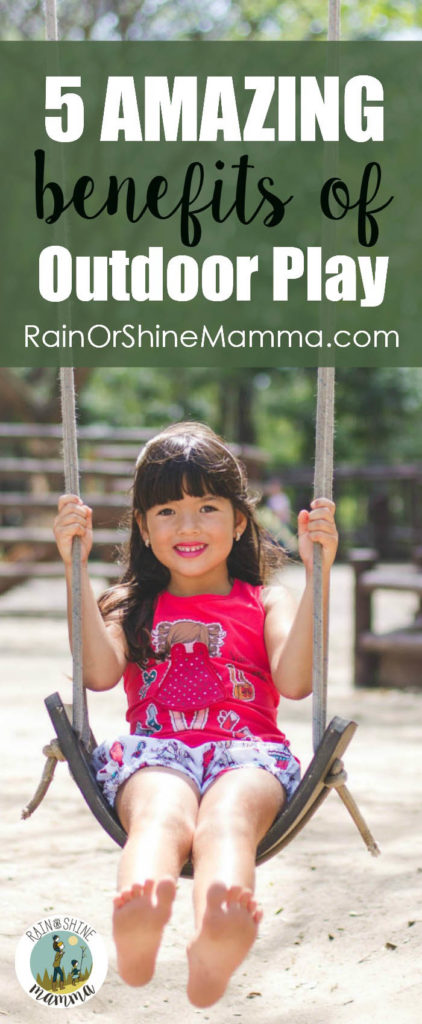Do you remember what your summer evenings were like as a child? If you were like me, they consisted of games of kick the can, cops and robbers, and of building fairy gardens next to the stream behind my house.
It’s a common misconception that children need rigorous schedules and structure in order to shape them into well-rounded adults. On the contrary, many studies have shown that unstructured playtime in the outdoors is beneficial to the mental and physical development in children. As adults, we can serve as supervisors to their safety but should empower our kids to discover the world around them without adhering to a schedule or plan.
Here are five ways free outdoor play benefits kids:
1. Engage children in physical activity
With the amount of screen time kids are now exposed to, finding ways to getting them moving is more important than ever. Never in history have children been as sedentary as they are now. It is recommended that children get a minimum of 60 minutes of activity a day. Anyone who has spent time with an energetic young child can agree with the idea that the best way to wear out an overly energetic child is to let them run wild. Just like with adults, with more physical activity come better sleeping habits and a healthier appetite.
2. Inspire creativity
Whenever I used to tell my mother I was bored, she would tell me to go outside and use my imagination. Some children may be averse to being sent out into the outdoors without an agenda. However, given a little bit of time, they will almost always find a way to preoccupy themselves. Free play offers an opportunity for children to try out new situations that may have otherwise only existed in their own heads. With an endless amount of things to discover in the natural environment, there are so many opportunities to create magical worlds and scenarios. Free time to promote their sense of wonder can aid in fostering artistic and self-expression that is otherwise unavailable.
3. Naturally teach limitations
As a child’s supervisor, you may find it hard to resist the urge to step in when you see a child taking physical risks during free play. As long as the child is not in extreme danger, try your best to allow them to explore their own limitations. Bruised legs and scraped elbows are battle scars of exploring the world around them. Luckily, they have an adult supervisor who knows first aid in case anything goes too far. Children will gradually learn their own limitations through a series of accidents and errors. As they learn their own limitations, they can recognize how to set boundaries and when to say no to situations they find uncomfortable. By allowing children to fall off a swing or slide, you are empowering them with a learning environment that will benefit them throughout the rest of their lives.
4. Let children experience a wide range of emotions in a safe environment
Learning alongside other children about their own physical and mental limitations can be a valuable social skill. There are many opportunities for frustration, anger, fear, and a variety of other emotions while trying new things and being subject to tests such as extreme temperatures and other unexpected weather events. The great outdoors offer a comfortable environment for children to work through challenging situations where they have to learn to reasonably navigate the feelings that come along with moments of discomfort.
5. Teach collaboration and leadership
When left to develop their own social norms, there are children who immediately fall into leadership positions and others that tend to like to be helpers. They come to know what it is like to be part of a community and how they contribute to a group. If a child falls into a leading position, they gain the opportunity to know how to communicate with others and are given the chance to fail. As a helper, a child can learn how to contribute to help the group and also how to voice their opinion when they think that a project or idea is going the wrong direction. One of the great things about being a child is that they have a very small filter when it comes to communicating. Free play time offers space that is important in developing the filter that is needed in communication as they age.
 W.M. Chandler is a Colorado native and works best with her head in the clouds. She is an avid researcher and enjoys writing about unfamiliar subjects. She writes passionately about nature and the outdoors, human connections and relationships, nutrition and politics. Find her on Twitter: @wmchandler1212.
W.M. Chandler is a Colorado native and works best with her head in the clouds. She is an avid researcher and enjoys writing about unfamiliar subjects. She writes passionately about nature and the outdoors, human connections and relationships, nutrition and politics. Find her on Twitter: @wmchandler1212.





I was disappointed to see a photo of a child who has perfectly styled hair….perfect outfit without a sign that she has been playing outside….come on…look how clean her feet are!!! And lipstick!!!!! Give me a break….
Something doesn’t add up here…
I have to agree with you…That was a poor choice of photo for this article, but unfortunately stock photos of kids getting dirty outside are in short supply and sometimes I’m not able to take my own.
Loved reading this. While a lot has been written about the benefits of outdoor play, really liked what you’ve mentioned about allowing kids to explore their limitations. Parents are way too concerned about injuries and end up being overprotective. Like you’ve written, these are battle scars!
Yes, pushing boundaries are an important part of the learning process!